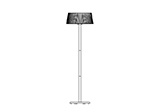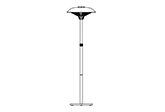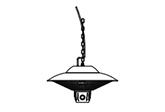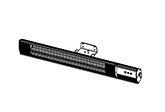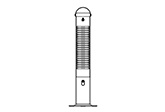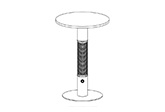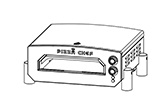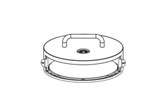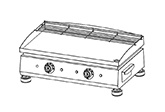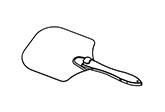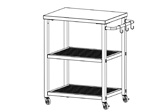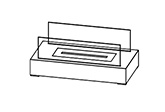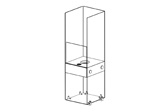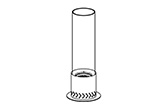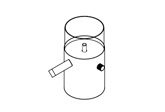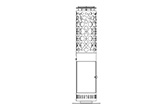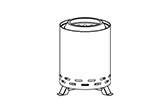-
-
Electric Patio Heater
Atelier Heaters
Free Standing Heater
Ceiling Heater
Walls Heater
Column Heater
Table Heater
-
Pizza Oven
Electric Pizza Oven
Pizza Box
Electric Plancha
Pizza Accessories
Cart Table
-
Fire Place
Table Top Fireplaces
Free Standing Fireplaces
Biothanol Fireplaces
Gas Fireplaces
-
Pellet Heater
Pellet Heater
Outdoor Stove
27
2025
-
09
How fast does the heater heat up?
The heating speed depends on the type of heater. Our fast - heating models, such as infrared patio heaters, can start to heat immediately can reach a comfortable temperature within 3 - 5 minutes. They use advanced heating elements that convert electrical energy into heat rapidly, making them ideal for quickly warming up a room when you need immediate warmth.
The heating speed depends on the type of heater. Our fast - heating models, such as infrared patio heaters, can start to heat immediately can reach a comfortable temperature within 3 - 5 minutes. They use advanced heating elements that convert electrical energy into heat rapidly, making them ideal for quickly warming up a room when you need immediate warmth.
The efficiency of electric patio heaters varies significantly compared to other common types (primarily gas-powered and infrared gas models), with key differences in energy conversion, heat distribution, and practical performance in outdoor settings. Here’s a breakdown:

1. Electric Patio Heaters: High Direct Energy Efficiency
Electric patio heaters (whether infrared or convection) are highly efficient at converting energy into usable heat. They typically achieve 90-95% energy conversion efficiency—meaning nearly all the electricity they consume is converted into heat, with minimal waste. This is because they rely on resistive heating elements or infrared emitters that directly generate heat without combustion or exhaust.
Notably, most electric patio heaters are infrared-based, which heat objects (people, furniture, surfaces) directly rather than wasting energy heating the surrounding air. This targeted heating is particularly efficient for outdoor spaces like patios, where wind or open air can quickly disperse heated air. By focusing heat on the intended area, they minimize energy loss to the environment.
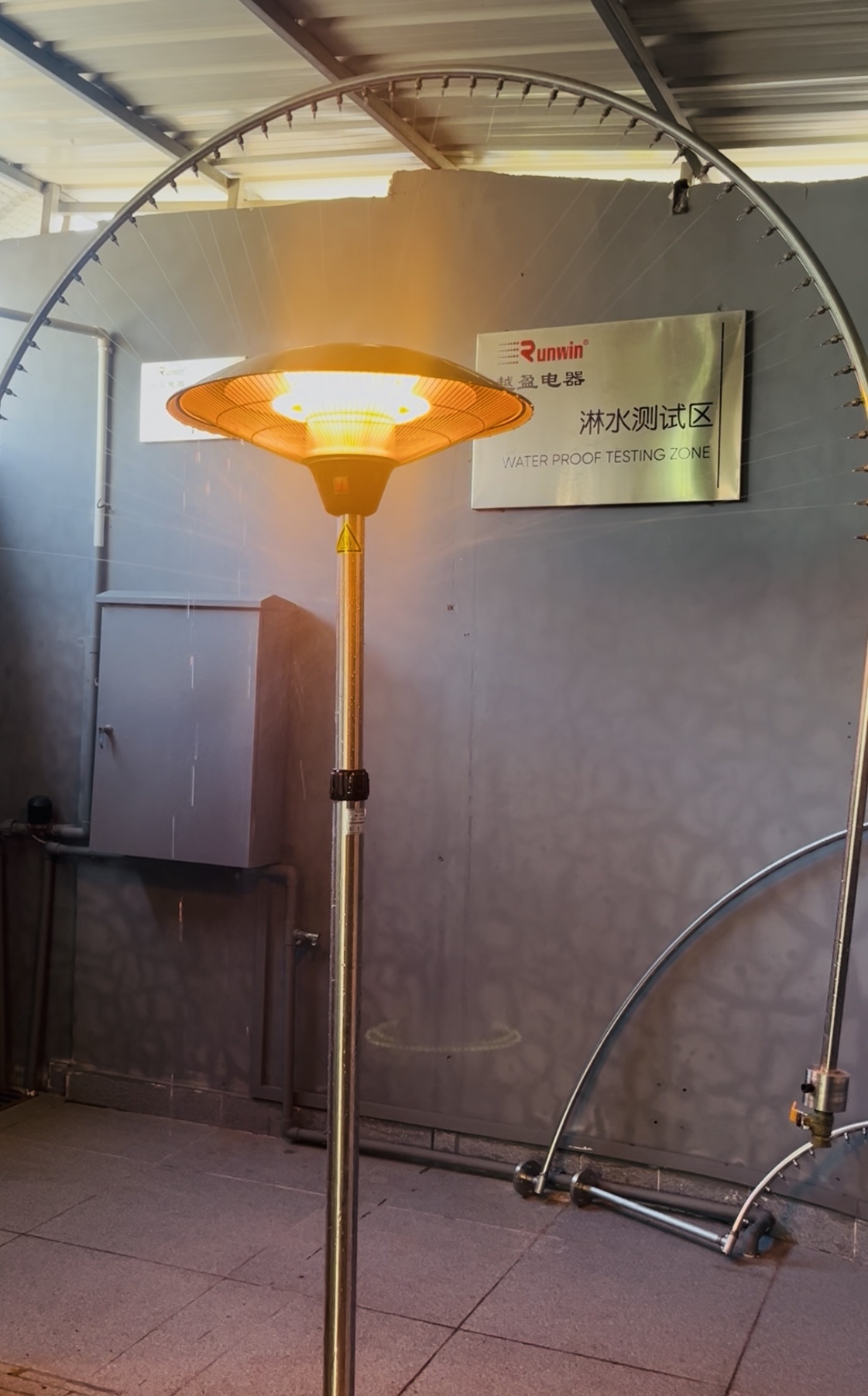
2. Gas-Powered Patio Heaters (Propane/Natural Gas): Lower Efficiency
Gas patio heaters (burning propane or natural gas) are far less efficient. Their efficiency is limited by combustion physics:
•Energy conversion: Only about 30-50% of the fuel’s energy is converted into usable heat. Much of the energy is lost through:
◦ Exhaust gases (CO₂, water vapor, and heat released through the flue).
◦ Unburned fuel (incomplete combustion).
◦ Radiant heat that dissipates into the open air rather than warming the target area (e.g., people or surfaces).
• Heat distribution: Gas heaters often waste energy heating large volumes of air, which quickly dissipates in outdoor or windy conditions. This makes them less effective in open, breezy patios, as the heated air is easily carried away, requiring more fuel to maintain warmth.

3. Key Practical Differences in Outdoor Use
Efficiency also depends on how effectively heat reaches the intended area (e.g., people or seating), which matters more than raw energy conversion for patios:
• Electric infrared heaters excel here: They emit focused infrared radiation that warms people and objects directly, even in windy conditions. This reduces waste, as they don’t need to heat large volumes of air (which disperses quickly outdoors).
• Gas heaters rely more on heating air and radiant heat from the burner, but much of this heat is lost to the environment. In open or windy spaces, their effective heating range is smaller, and they require higher fuel input to maintain warmth—lowering practical efficiency.
Summary
Electric patio heaters are more efficient than gas-powered models in both energy conversion (90-95% vs. 30-50%) and practical outdoor performance. Their targeted infrared heating minimizes waste, making them better at delivering usable warmth to people or surfaces in open, exposed patio settings. Gas heaters, while powerful, lose significant energy to combustion byproducts and heat dissipation, making them less efficient overall.
Previous page
Next page
Previous page
Next page
Zhuhai Special Economic Zone Runwin Electric Co., Ltd
Qinshi Industrial Zone #33,Sanzao,Zhuhai,Guangdong,China,P.C.:519040



COPYRIGHT 2025 Zhuhai Special Economic Zone Runwin Electric Co., Ltd
Powered by 300.cn Privacy Policy
Sorry,当前栏目暂无内容!
您可以查看其他栏目或返回 首页
Sorry,The current column has no content!
You can view other columns or return Home
We use optional cookies to improve your experience on our website through social media connections and other means, and place personalized advertisements based on your online activities. If you reject the optional cookies, we will only use the necessary cookies to provide you with the service.
